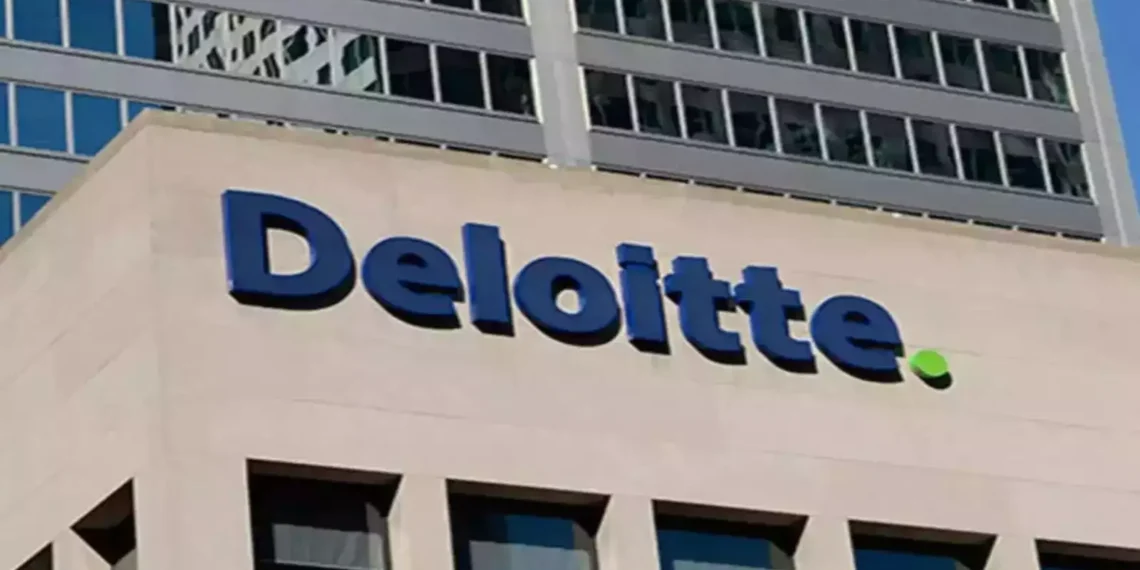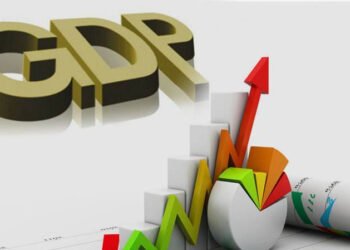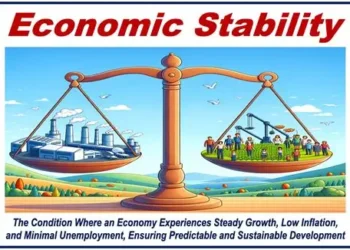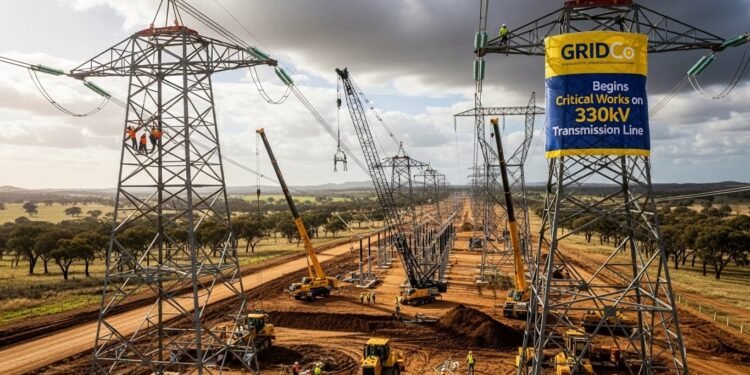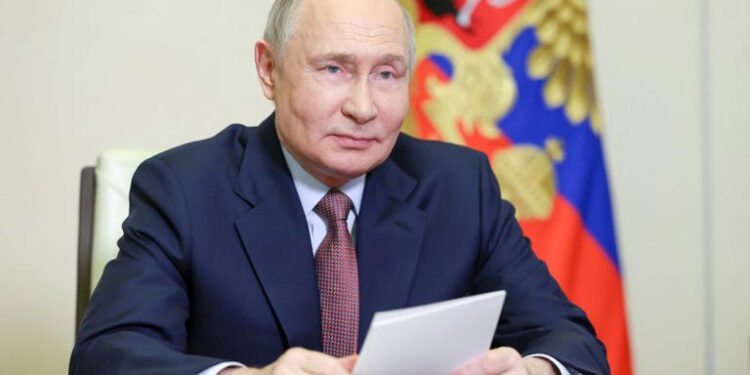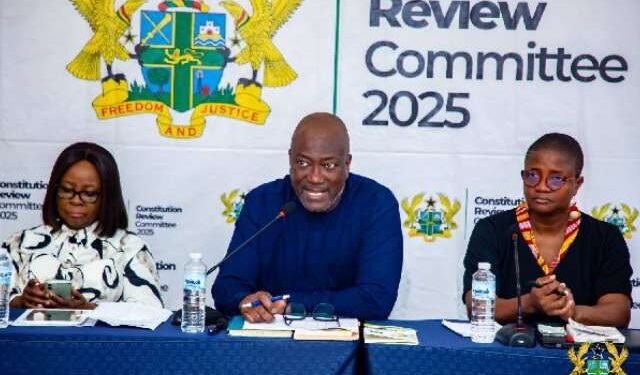Ghana and Nigeria are facing significant economic challenges in 2025, with high inflation, currency depreciation, and restrictive monetary policies posing serious threats to growth.
According to Deloitte’s Global Economic Outlook January 2025, these issues are limiting economic expansion and placing pressure on businesses and households alike. The report urges both governments to prioritize efforts in tackling these hurdles to ensure long-term economic stability.
One of the biggest concerns highlighted in the report is the rising cost of goods and services, which has led to aggressive monetary tightening by the central banks of both countries. In an attempt to control inflation, higher interest rates have been imposed, making borrowing more expensive and slowing down economic activity. The situation is further exacerbated by weak local currencies, which have significantly lost value against the US dollar.
In the first half of 2024, Nigeria’s naira depreciated by more than 40%, while Ghana’s cedi lost over 20% of its value. This steep decline has made it increasingly difficult for businesses to import essential raw materials and equipment needed to boost industrial output. The depreciation has also led to a surge in the cost of living, as the prices of imported goods and services continue to rise.
More Optimistic Outlook For Ghana
Despite these economic headwinds, Deloitte presents a more optimistic outlook for Ghana compared to Nigeria. The Ghanaian economy recorded a 4.7% year-on-year growth in the first quarter of 2024, signaling a steady recovery from its recent financial difficulties. The report attributed this growth to strong performance in the industrial sector, which expanded by 6.8%, outpacing the services and agriculture sectors, which grew by 3.3% and 4.1%, respectively.
A key factor in Ghana’s resilience has been the government’s ongoing restructuring of its $30 billion debt, which has helped restore investor confidence and stabilize public finances. Additionally, the Bank of Ghana’s monetary policy interventions have contributed to a gradual reduction in inflation, creating a more favorable economic environment for businesses and consumers.
Ghana has also benefited from international financial support, securing two tranches of IMF disbursements in 2024, bringing the total to $1.56 billion since 2023. These funds have played a crucial role in stabilizing the economy and providing the government with much-needed fiscal space to implement reforms.
While Ghana appears to be on a stronger economic trajectory, both countries must take proactive steps to address their challenges and sustain growth. Stabilizing the currency remains a priority, as continued depreciation could undermine economic gains and make imports even more expensive. Governments must also ensure that inflation control measures do not overly restrict economic activity, as excessively high interest rates can slow down investment and job creation.
Debt sustainability is another critical issue. Ghana’s restructuring efforts offer a potential model for Nigeria, which must also find ways to manage its debt burden effectively. By implementing sound fiscal policies and reducing reliance on external borrowing, both nations can work toward long-term economic stability.
Investing in key sectors such as industry and agriculture will be essential in driving economic growth. Ghana’s industrial expansion provides a promising example of how targeted investments can boost output and create jobs. Both countries should also work on improving the business environment to attract foreign direct investment, which can provide additional capital for economic development.
As Ghana and Nigeria steer through high inflation, currency volatility, and debt, their ability to implement effective economic policies will be crucial in shaping their future. Ghana’s relatively strong performance provides some encouragement, but sustained efforts are needed to build resilience and drive long-term growth. For both nations, the key to overcoming these economic challenges lies in a balanced approach that promotes stability while fostering an environment conducive to investment and expansion.
READ ALSO: Kwakye Ofosu Rebukes Minority’s Opposition to Dr Asiama’s Assumption to Office

